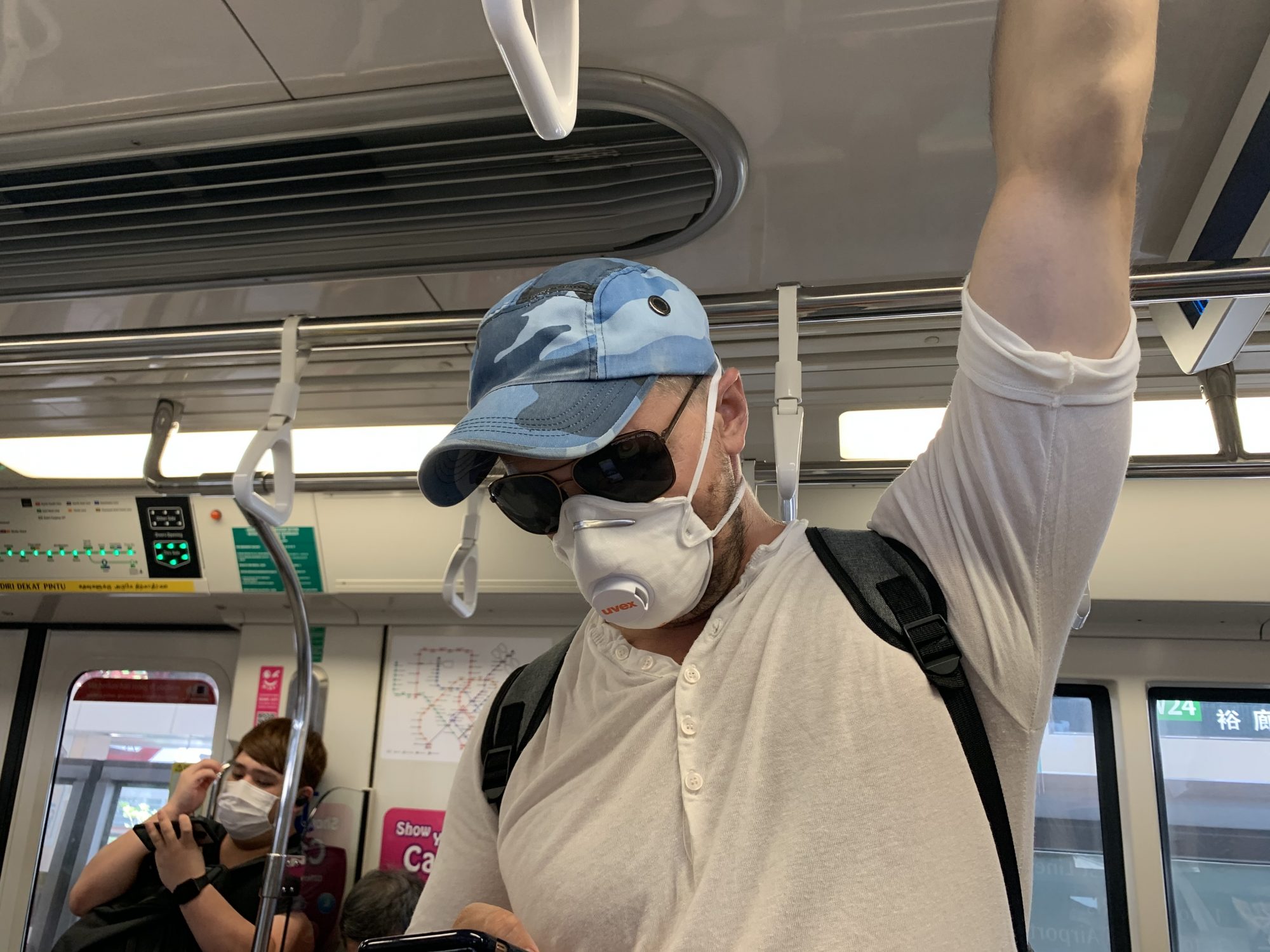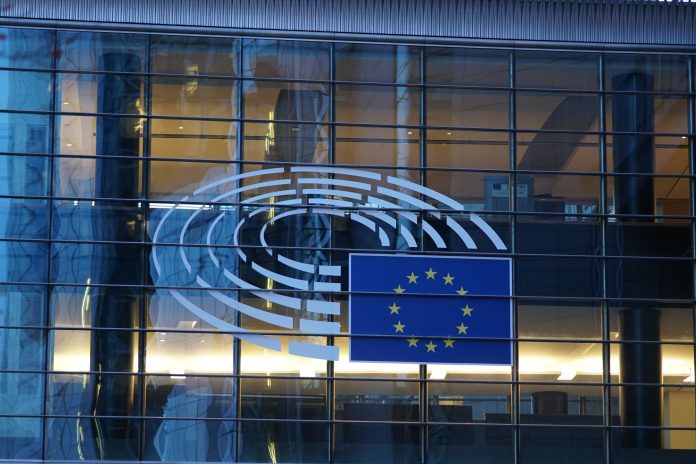Here we summarise discussion with experts (8 April) on the EU response to COVID-19 and the role of Horizon Europe in this pandemic
The economic, scientific and political experts featured this discussion are:
• Christian Ehler, Member of European Parliament;
• Helga Nowotny, Professor Emerita, ETH Zurich & former President of the European Research Council;
• Otmar D. Wiestler, President at Helmholtz Association;
• And Isabelle Thizon-De Gaulle, Vice President of European Strategic Initiatives & Scientific Relations, Sanofi.
Horizon 2020 is an infamous funding project in the scientific world. Much of the research we write about draws on that source, from AI to climate change, from all corners of Europe. With the current major public health and medical crisis of COVID-19, there are fresh and urgent questions about the next immense source of funding.
The seven-year project replacing Horizon 2020 is Horizon Europe, due to run from 2021 to 2027. At this point, proposals have been entered and accepted, but will they be able to re-route?
In the current climate of COVID-19 research, how do pre-pandemic plans for mass research mobilisation hold up?
Is Horizon Europe going to be enough?
Otmar D. Wiestler, President of German research centres run by Helmholtz Association, describes the Horizon Europe missions on “climate change, energy, general mobility” are a “rich source for the economy, research and some of the societal issues” that are being brought up by the current crisis.
“I don’t think we have to reroute horizon Europe. We may have to ask is it responsive enough?”
Isabelle Thizon-De Gaulle, VP of strategy and science in the EU at global health innovator Sanofi, further emphasised the necessity of Horizon Europe-related scientific expansion:
“First point on this, innovation can be helpful to help the healthcare system to adapt rapidly. When you have a pandemic, innovation can help to move much more rapidly [describing hospital transitions] into an ICU. Second point: How we can better anticipate the virus spread? Probably here, there is a period where we don’t know if the virus has spread everywhere or not. In this situation, having some research on the actual level of spread would be important to then work on this scientific phase. Thirdly, what can we learn from different strategies which have been put in place by different countries? This is also where Europe is valuable!
“Different countries set-up different strategies for different situations, which enables other countries to learn from this. We are leveraging our differences, but for the greater good. Here, Europe can really have an advantage. A competitive advantage.”

Will COVID-19 slow the MFF negotiations?
Christian Ehler, EU parliament MP, spoke on behalf of Germany, firstly saying that the rumour that Germany will stop negotiating soon is going to soon be proven false. He further commented about the MFF budget:
“This will be the number one priority for the German presidency to get an MFF. I think there is an understanding that we need a solid European budget so that we can start acting on the Corona case and recover.
“The mission is not a proven instrument; it exists to put the scope broader. In my point of view, the missions are not going to solve everything. We have missions from plastic free ocean to solving cancer. The missions are a little bit of a try and error instrument, we shouldn’t overburden that.
“A research budget is not an isolated budget. We have been heavily negotiating as a parliament that we get the structural and agricultural funds compatible with the Horizon Europe programme. If you talk about infrastructure, border security, a new regime for global mobility then we would look at the structural funds.
“Agriculture is going to completely change in the light of climate change. This is something I hope to achieve in the second part of this year, when we end negotiations with the MFF.”
Horizon Europe missions: Part of the EU response to COVID-19?
Speaking generally positively about the potential of a COVID-19 mission, Otmar D. Wiestler said:
“At this point I think what we really need is short term actions with consortium headed by experts. If we learn from this unusual tragic episode, we may well install something like a flagship type European effort to really look into this very carefully over the next five to ten years.
“This could be in the mission type scenario, because in an activity like that we must include many disciplines, a lot of expertise, we must employ an international effort. It requires coordinated long-term activity – this could result in something resembling a mission. I mean the mission term is highly flexible anyway. but as a topic for a major pan-European effort, this could be candidate.”
Speaking from years of experience as European Research Council President, Helga Nowotny suggests that EU institutions open all possible avenues, including Horizon Europe missions:
“We should not bind ourselves too much by what is decided at the beginning of a seven-year cycle. We need more flexibility we need repurposing. A number of agencies have already told their researchers that you can repurpose, if you see this research as a possible response to the current crisis.
“Also, the way how I have experienced my years in Brussels, I see that there is the culture of trust in the scientific community. There is also a culture of control. Which, very often you find with the auditors in how European institutions work. I say more trust, less control.”

Is 18 months enough time to solve our current crisis?
In her response, Isabelle Thizon-De Gaulle highlighted a research barrier recently broken to handle the pandemic:
“I am sure we will find the solution with what has been put in place for this. I am taking about science and medical. So, I am optimistic on this. I don’t know how it will be done, I don’t know if it will be more on treatment side, test side, vaccine side. but here I am optimistic. Because this is the first time that I see so much agility – normally it takes months to start a clinical trial.
“Here, it started in weeks or even days. e broke some barriers to be able to react extremely rapidly. Everything is not perfect – I am not saying that. But, this is the first time I see such a rapid response into some of the topics we have to deal with. It is the reason why I think we should continue to learn from this and continue to apply this.”
Otmar D. Wiestler gave the most positive warning we have ever heard:
“I am very optimistic we will overcome the pandemic in a foreseeable future. I have two concerns. one is the economic consequences and societal ones. I also feel that we must learn our lesson here. We must prepare ourselves for similar episodes to come in the future.”
Helga Nowotny, former President of the European Research Council, looked to the past, to dissect the future:
“Humanity has had epidemics and plagues since the very beginning. Empires have collapsed. it always led to some sort of upheaval, collapse. Bad things happened. But now for the first time, we have the possibility – because we have science on our side – we have the possibility to learn from what happen and better prepare for the uncertainty. Until we realise we are not in full control – we have to embrace uncertainty.”
Christian Ehler took a darker, more pragmatic approach:
“What are the lessons learned? I am an economist. I think we will overcome the pandemic. It won’t be the same world it was before. IT will drive changing processes, digitalisation. the dramatic question is: what kind of lessons do we learn politically?
“We have been facing this crisis at a crisis of multilateralisms – the public were questioning the scientific basis of decision making in society. I think we see a revival of multilateral and int cooperation, but we have been seeing an American president ignoring scientific evidence. We have a British Prime Minister that is in the hospital because he didn’t believe that Corona is dangerous for his country or even dangerous for him! It’s important we base our decisions on a scientific background. On the other hand, if you want to go step by step to normal, that needs European cooperation. That will be the next challenge for the union.
“I personally think to some extent, it might be a brutal cure, but it might have come at a moment where we still have a chance to come back to rationalism.”











